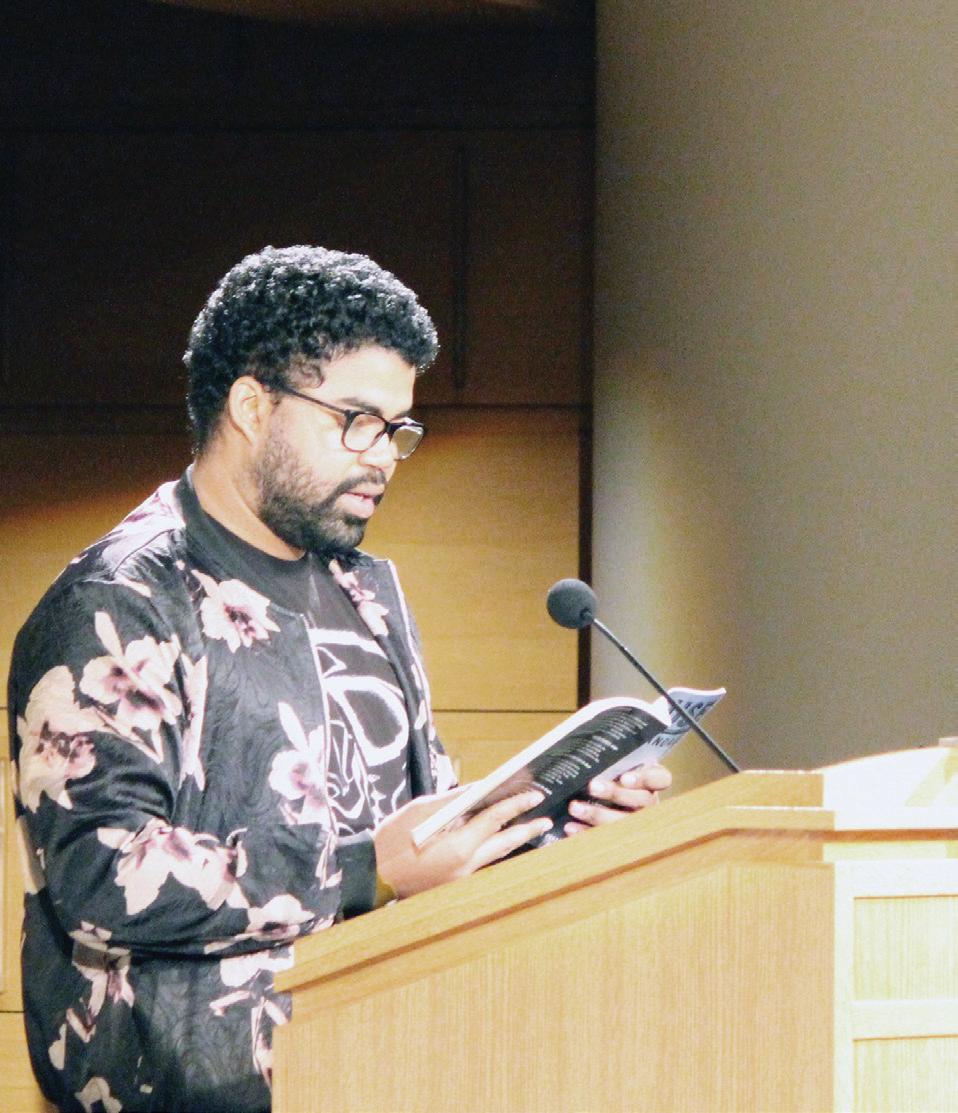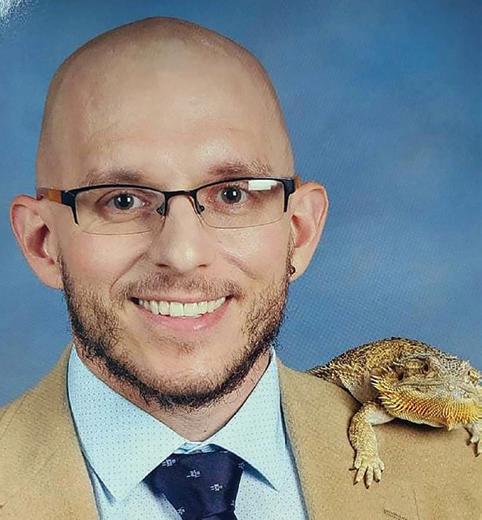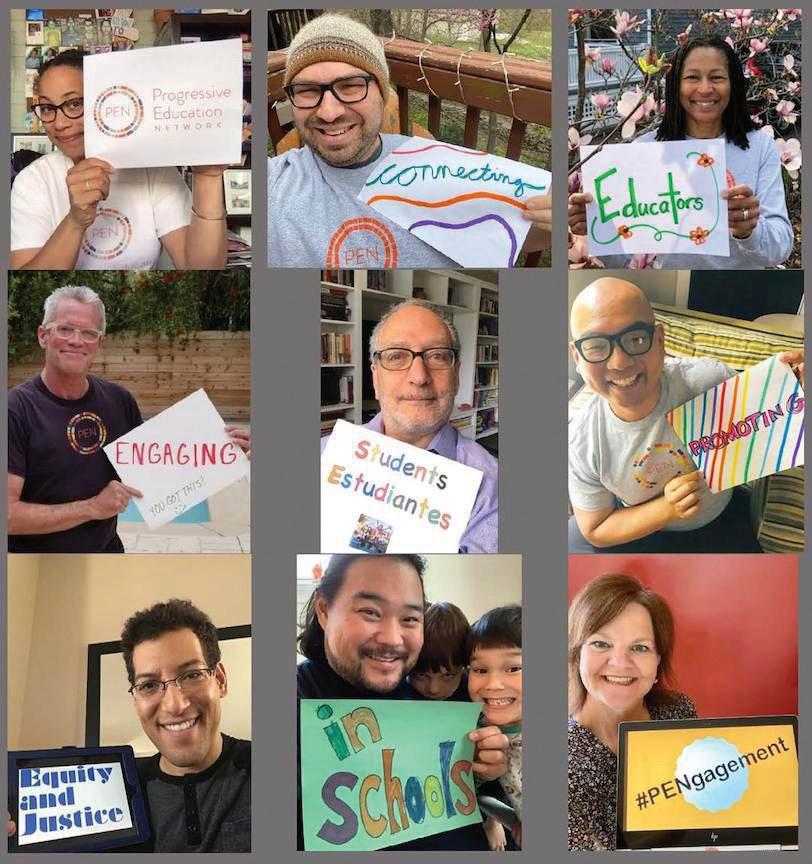
3 minute read
A Reflection
— by Theresa Collins, Board Member
PEN chose the Twin Cities for our 2019 conference for a variety of reasons: the diversity of schools and students; the achievement and opportunity gap that exists there; the beautiful fall weather; a return to the midwest after two wonderful conferences on the East Coast, and our first time hosting in partnership with a university. Once again, hundreds of educators crossed the country, timelines and even international airspaces to gather with folks who work every day to deliver the best in progressive practice. The conference has always been a space of energy, ideas, connection, and the ever elusive element that we cannot make more of: time. With the time we had, however, PEN 2019 accomplished much.
Our conference included featured events with education practitioners who pushed our thinking and inspired us to action: our opening panel of Minnesota education advocates included The Honorable Andrea Jenkins, Honorable Justice Alan Page, Ms. Kamie Page, and Dr. Marika Pfefferkorn. Facilitated by MPR’s Angela Davis, the panelists discussed education gaps and opportunities in MInnesota. Paul Gorski opened the conference on Friday morning with a rousing call to action entitled “Who’s
Progressive?/Whose Progressive?: How Inequity and Injustice Persist in Progressive Schools and What We
Ought to Be Doing About It”; Local poet Julian Randall graced us with a poetry reading and lively talk back; Dr. Bettina Love closed the conference on Saturday afternoon with ”Abolitionist Teaching”.
Educator and student-led programming always makes up the bulk of our conference, and we are so grateful to all of the presenters who shared their insights, expertise, and modeling of best practice with colleagues. With 90-180-minute program sessions, school site visits, 4-hour immersions on the U of M campus and in local spots around the Cities, the variety of experiences PEN 2019 provided was rich, diverse, and, we hope, enlivening and inspiring.

Opening night panelists Kamie Page, Marika Pfefferkorn, The Honorable Andrea Jenkins

Opening Night Reception at Ted Mann Hall, sponsored by the Bush Foundation

If I think back to the early meetings when the planning team landed on our theme: Educating for Democracy, Navigating the Current, Channeling the Future of Progressive Education, I still feel inspired. Here’s why: progressive education can be a constant navigation of routes: how do I set the conditions for optimal thinking and learning and skill integration in my classroom? What does it mean to call myself a progressive educator, or our schools progressive schools? How do I channel my pedagogy, much less my energy, in directions that will allow for the best flow-- of ideas, community building, joy; and what future channels will be discovered because of the endeavor? Our conference has always had simple, powerful goals: to connect educators; to amplify the best in progressive pedagogy and practice; to inspire and call to action. After Dr. Love’s talk concluded, the team for PEN2021 took the dais to announce that we will gather next in Seattle, another first for our conference, as we’ve never hosted in the Pacific Northwest. I know that I look forward to the special touches that the local planning committee will put on the next event; Stay connected to PEN-- before we know it, we’ll be sending out save the dates and calls for proposals, and we’d love to have your participation.
continues on page 6

PEN 2019 participants and NIPEN Alumni reconnect at the opening reception

Poet Julian Randall reads from his award winning collection, Refuse, at Saturday’s opening session

Students from Cary Academy (NC) present their workshop: STEP Into the Future: Student Engagement and Activism through Organization

Dana O’Brien & Kirk Larue lead their workshop, Using Improv to Create Braver Classrooms

Lia Woo, head of The Hanahau’oli School, presents on their Entering Teacher Cooperative

Paul Gorski addresses the conference on Friday morning

Faculty from the Francis W. Parker School and The Hanahau’oli School discover their schools’ shared history as they connect at the Friday evening happy hour










